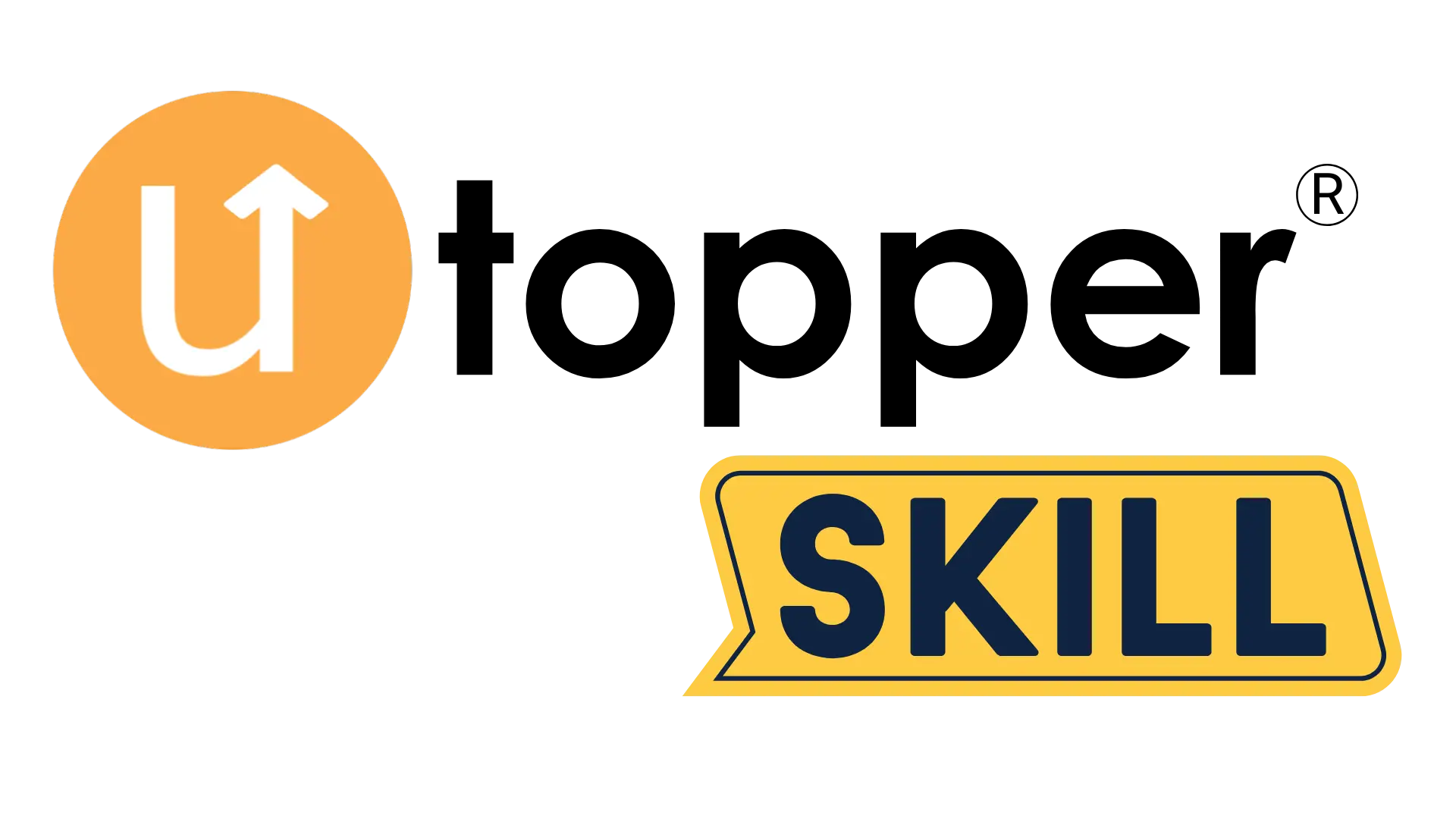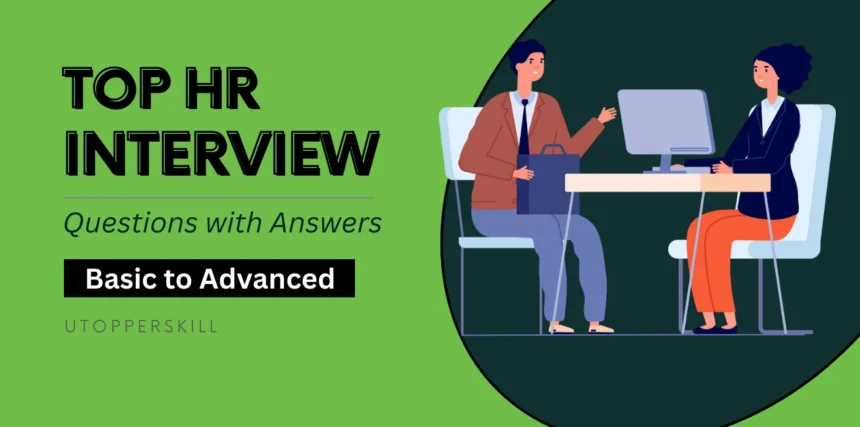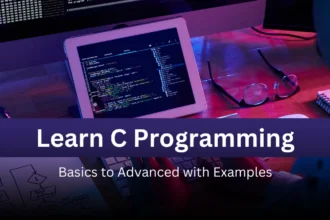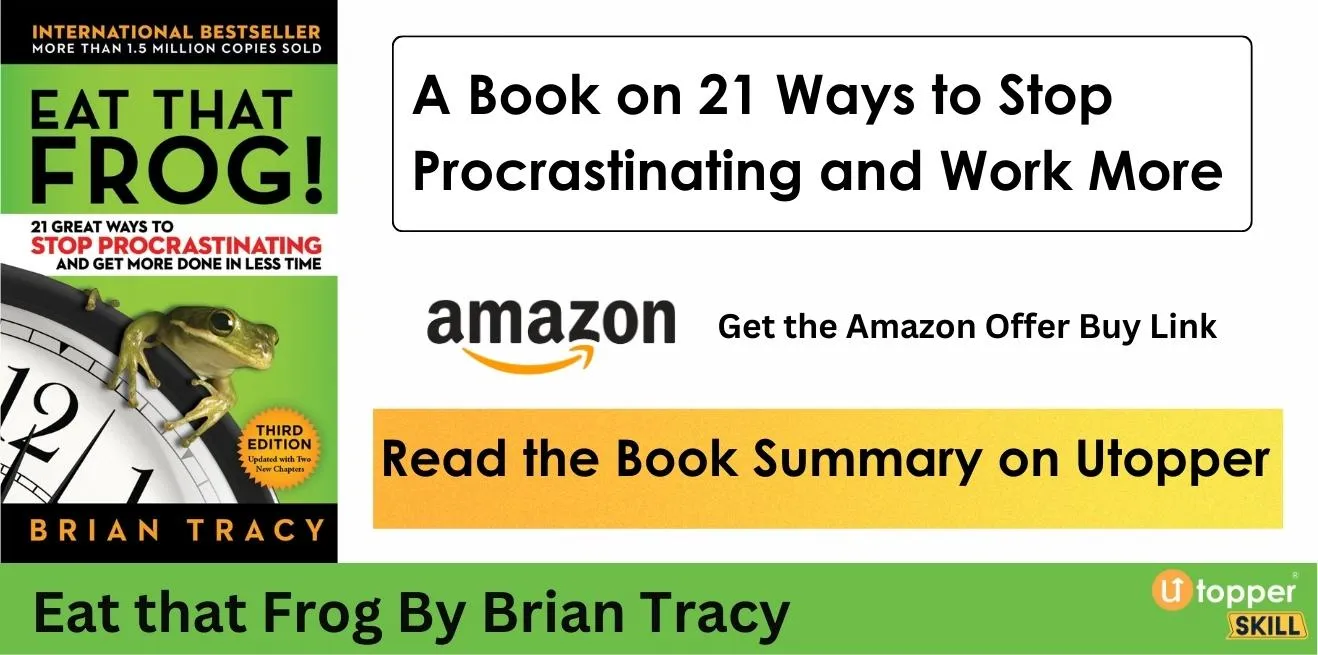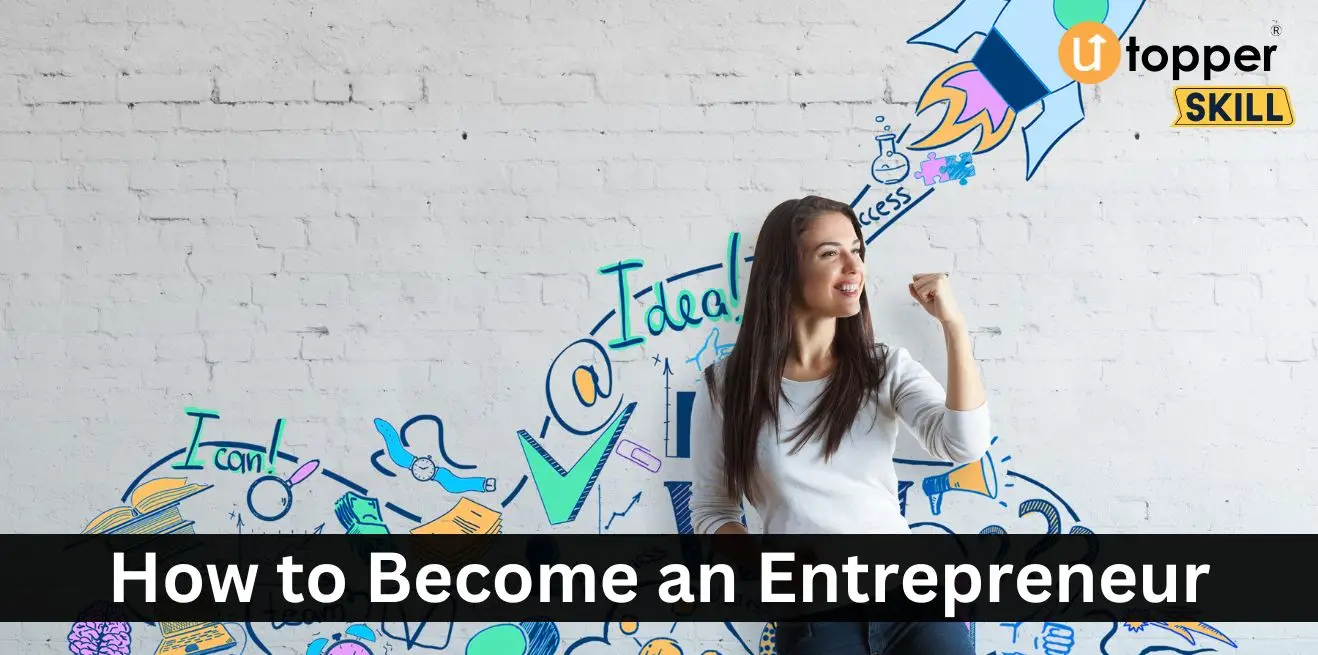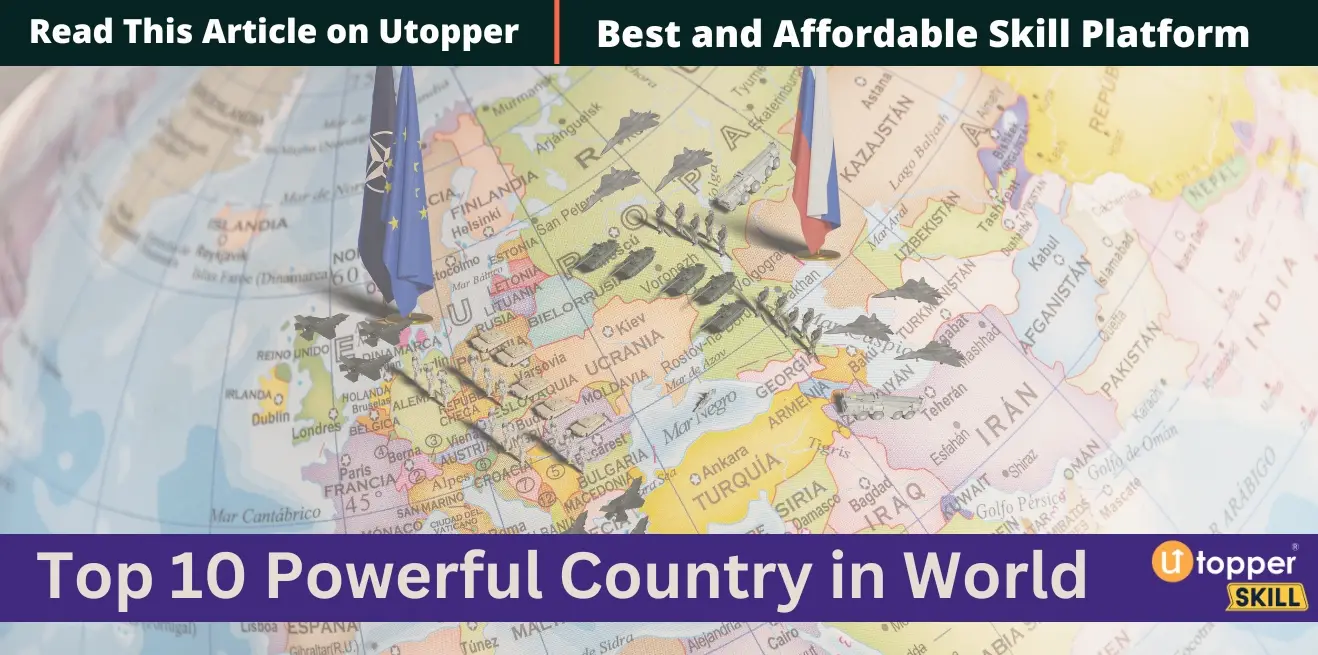Top HR Interview Questions and Answers
Preparing for HR interviews is crucial to landing your dream job. Here are the Top 40 HR interview questions and answers to help you ace your next interview with confidence. These questions cover a range of topics, including your background, skills, experiences, and how you handle various work situations. Prepare with these questions to boost your confidence and impress your interviewer.
Basic HR Interview Questions
Q1: Can you tell us a little about yourself and your background?
I come from a background focused on data analysis and project management. I’ve always been passionate about leveraging data to solve complex problems and make informed decisions. Over the past few years, I’ve worked on various projects that required not only technical skills but also strong communication and teamwork.
Q2: What are your greatest strengths and weaknesses?
My greatest strength is my ability to analyze complex data and present it in an understandable form to stakeholders. This has allowed me to successfully lead projects and make strategic decisions. As for weaknesses, I’m always working on improving my public speaking skills. I’ve started attending a local Toastmasters club to become more confident and effective in my presentations.
Q3: Why did you apply for this position?
I applied for this position because it aligns perfectly with my career goals and skills. The role involves a mix of data analysis and strategic decision-making, areas where I excel and enjoy working. Additionally, your company’s innovative approach and commitment to continuous improvement resonate with my own professional values.
Q4: Where do you see yourself in five years?
In five years, I see myself in a leadership role within this company, where I can contribute to strategic projects and mentor the next generation of professionals. I am keen on taking on more responsibilities and challenges that will help me grow further and support the company’s goals.
Q5: How do you handle stress and pressure at work?
I handle stress by staying organized and prioritizing my tasks effectively. I make use of tools and techniques like time management and regular breaks to ensure I maintain a good work-life balance. Communication is also key for me; discussing pressures and deadlines openly with my team and manager helps alleviate stress and streamline work processes.
Q6: Can you describe your ideal work environment?
My ideal work environment is one that fosters collaboration and continuous learning. I thrive in settings that challenge me and where colleagues are committed to shared goals. A supportive management that values transparency and open communication also makes a significant difference in motivating me to perform my best.
Q7: What do you know about our company and why do you want to work here?
I’m impressed by your company’s reputation for innovation and the positive impact it has on the community. Your commitment to sustainability and ethical practices aligns with my personal values. I am excited about the opportunity to contribute to projects that not only drive business success but also make a meaningful social impact.
Q8: Can you give an example of a challenge you’ve faced and how you dealt with it?
In my previous role, I faced a significant challenge when leading a project that was falling behind schedule. I conducted a thorough analysis to identify bottlenecks, restructured the team’s workflow, and coordinated closely with other departments for resources. My proactive approach not only brought the project back on track but also improved our overall efficiency.
Q9: What are your salary expectations?
I am looking for a salary that reflects the skills and experiences I bring to this role, as well as the standard within this industry. I am open to discussing what your company believes is a fair compensation for this position.
Q10: Do you prefer to work independently or on a team?
I enjoy both and believe that the ability to adapt to different working styles is important. I value the autonomy of working independently when it comes to tasks requiring deep concentration and problem-solving. However, I also appreciate the dynamism and the broader perspectives that come from working collaboratively on a team.
Intermediate HR Interview Questions
Q11: Can you discuss a time when you had to adapt to a significant change at work?
I adapted quickly when my company implemented a new project management software, learning the new system and training my team to ensure a smooth transition.
Q12: How do you prioritize your tasks when you have multiple deadlines?
I prioritize tasks by assessing their urgency and impact, creating a detailed schedule, and delegating when necessary to ensure timely completion.
Q13: Describe a situation where you had to collaborate with a difficult colleague.
I worked closely with a difficult colleague by maintaining open communication, setting clear expectations, and finding common ground to achieve our project goals.
Q14: What strategies do you use to motivate your team?
I motivate my team by setting clear goals, recognizing achievements, providing opportunities for growth, and fostering a supportive and positive work environment.
Q15: Have you ever managed a project? Tell us about the outcome and any obstacles you overcame.
I managed a project to launch a new product line, overcoming supply chain delays by negotiating with vendors and reallocating resources, ultimately delivering the project on time and within budget.
Q16: How do you ensure quality in your work?
I ensure quality by adhering to established standards, conducting thorough reviews, seeking feedback, and continuously improving processes based on lessons learned.
Q17: Can you give an example of how you have contributed to process improvement at work?
I contributed to process improvement by analyzing our workflow, identifying bottlenecks, and implementing a new system that reduced turnaround time by 20%.
Q18: Describe your experience with managing conflicts within your team.
I managed conflicts within my team by facilitating open discussions, understanding each party’s perspective, and working collaboratively to find mutually beneficial solutions.
Q19: How do you handle receiving constructive criticism?
I handle constructive criticism by listening carefully, reflecting on the feedback, and implementing changes to improve my performance and grow professionally.
Q20: What are your strategies for maintaining a healthy work-life balance?
I maintain a healthy work-life balance by setting boundaries, prioritizing self-care, managing my time effectively, and taking regular breaks to recharge.
Q21: Explain how you’ve handled a situation where you didn’t meet a deadline.
I handled missing a deadline by communicating proactively with stakeholders, identifying the reasons for the delay, and implementing corrective actions to prevent future occurrences.
Q22: What experience do you have with budget management?
I have experience with budget management, including creating and monitoring budgets, forecasting expenses, and making adjustments to ensure financial targets are met.
Q23: How do you approach decision-making when information is incomplete?
I approach decision-making with incomplete information by gathering as much data as possible, consulting with experts, weighing potential risks and benefits, and making informed judgments.
Q24: Have you used data to make a business decision? Describe the process and outcome.
I used data to decide on marketing strategies by analyzing customer insights and sales trends, which resulted in a 15% increase in campaign effectiveness.
Q25: How do you keep your team updated with important information?
I keep my team updated by holding regular meetings, sending detailed emails, and using collaborative tools to ensure everyone has access to the latest information.
Q26: What techniques do you use to keep your team engaged during challenging times?
I keep my team engaged by maintaining open communication, providing support and resources, recognizing efforts, and fostering a sense of unity and purpose.
Q27: Describe a project that required you to learn a new skill or technology.
I led a project that required learning a new data analytics tool, which I mastered through online courses and applied successfully to improve our reporting accuracy.
Q28: How do you assess the performance of your team members?
I assess performance by setting clear objectives, providing regular feedback, conducting performance reviews, and encouraging self-assessment and peer reviews.
Q29: What has been your experience in handling layoffs or difficult HR conversations?
I handled layoffs by communicating transparently, offering support and resources to affected employees, and ensuring the remaining team understood the reasons and future direction.
Q30: How do you manage and improve team dynamics?
I manage and improve team dynamics by fostering a collaborative environment, encouraging open communication, addressing conflicts promptly, and promoting team-building activities.
Advanced HR Interview Questions
Q31: Describe a strategic initiative you led and its impact on the organization.
I led the implementation of a new CRM system that streamlined customer interactions and data management, resulting in a 30% increase in customer satisfaction ratings.
Q32: How do you align your department’s goals with the overall company strategy?
I align my department’s goals with the company strategy by regularly reviewing corporate objectives, ensuring our projects and initiatives support these broader goals, and adjusting our focus as needed.
Q33: What innovative methods have you implemented to improve team productivity?
I introduced agile methodologies to our workflow, incorporating daily stand-ups and sprints to increase efficiency and adaptability, which significantly boosted our project completion rates.
Q34: How have you handled a major crisis or emergency at work?
During a major system outage, I coordinated a rapid response team to address the issue while communicating effectively with stakeholders about our progress, minimizing downtime and maintaining trust.
Q35: Discuss a time when you had to negotiate with stakeholders. What were the challenges and results?
I negotiated with stakeholders on a budget reallocation for a critical project. The challenge was balancing various interests, but through diplomacy and data-backed presentations, I secured the necessary funding, ensuring project success.
Q36: How do you develop and retain top talent in your organization?
I focus on developing top talent through tailored development programs, regular mentoring, and offering challenging projects that foster growth, alongside competitive compensation packages to retain them.
Q37: Can you describe a time when you had to advocate for change at the executive level? How did you go about it?
I advocated for a shift in our marketing strategy to focus more on digital platforms. By presenting data on changing consumer behaviors and potential ROI, I gained executive buy-in for a gradual shift, which proved successful.
Q38: How do you measure the success of your HR initiatives?
I measure the success of HR initiatives through key performance indicators such as employee retention rates, satisfaction surveys, and benchmarking against industry standards to ensure continuous improvement.
Q39: What experience do you have with international teams and global markets?
I have managed international teams across three continents, focusing on cross-cultural training and flexible communication strategies to enhance collaboration and drive results in diverse markets.
Q40: Can you discuss your experience with major HR information systems? What improvements have you implemented?
I have extensive experience with major HRIS such as Workday and SAP SuccessFactors. I implemented automated workflows for recruitment and onboarding processes, significantly reducing manual errors and improving efficiency.
